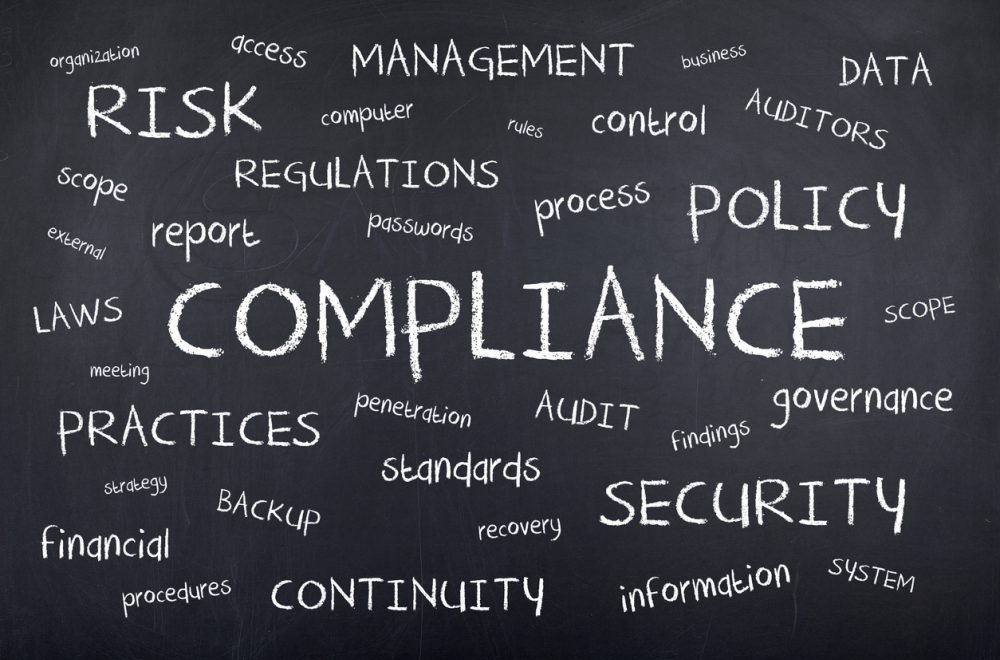Concerns with NDIS Quality & Safeguards Commission (NQSC) audit processes and their implications for service providers are gaining momentum in the industry. They are leaving some providers needing to make a decision whether to register for the National Disability Insurance Scheme (NDIS), according to National Disability Services (NDS) acting CEO, David Moody. “We are seeing a separation between registered providers and unregistered providers and we understand that those who have chosen to opt out have made this decision based on audit costs amongst other things,” Moody told F2L. Unregistered providers are only able to offer some services, and then only to for people who are self- managing or plan-managing, but not those whose plan is managed by the National Disability Insurance Agency (NDIA), he said.
“From the NDIS point of view it ties in with the larger concerns NDS and many others in the sector have about the disincentive effects of audit costs and registration, particularly for smaller regional providers and independent operators. Many of the smaller service providers have raised these concerns and I understand the Commission is aware of the challenges these operators are facing.
“There seems to be a mismatch between the Commission’s expectations of providers and the cost of the audit which does not take into account the full cost of service delivery. We have been arguing on behalf of service providers for some years now that many of the prices for these services are uneconomic and unviable in the longer term.
“NDS is active in its support for getting the message out that there is a new National Quality & Safeguards Framework. We are already working to support providers to meet the Commission’s requirements when it comes to consistent, quality and safe services for NDIS participants across all states and territories,” Moody said.
Another major issue of concern is the time lag people with disability are currently experiencing before getting access to assistive technology (AT) services.
“My understanding of the delay is that it is a function of clunky cost processes between the NDIA on the one hand and equipment coordinators in each state and territories on the other. Just getting a resolution of issues between the agency, coordinators and the participant is proving to be difficult in many cases.”
Moody said that having identified this problem it was incumbent upon the Agency, equipment providers and state governments who continue to have a role in the provision of AT, to ensure that AT is in the hands of those people who need it as quickly as possible. While state and territory governments have provided funding for the NDIS, this does not divest them of future responsibility for supporting people with disability, families, carers and indeed the wider sector, he said.
Asked if the recent release of the Productivity Commission report on the National Disability Agreement would have an impact on any these issues Moody was circumspect.
“The review is welcome but it does not mean these recommendations will be implemented. We believe the Disability Reform Council, and through it, governments, need to address these issues in a way that ensures we don’t fail to deliver services, particularly to those Australians living in remote and very remote areas. The challenges of geography only compound the process issues I referred to earlier.”
As to a possible change of government? “Whichever party wins power in May, we look forward to having a constructive collaborative and productive relationship with them, with a view to resolving the full range of obstacles thrown up during NDIS transition, including, for example, how we optimise employment opportunities for people with disability.”
According to Assistive Technology Suppliers Australia (ATSA) executive officer, David Sinclair, the industry needs to find a way forward through an industry self-regulation model to reduce compliance costs for all businesses operating in the sector. “It is early stages with some way to go to find a workable solution to the new demands for compliance,” he told F2L.
Comment below to have your say on this story.
If you have a news story or tip-off, get in touch with Freedom2live’s managing online editor Kymberly Martin at kymberly@intermedia.com.au
Sign up to Freedom2Live’s newsletter.

